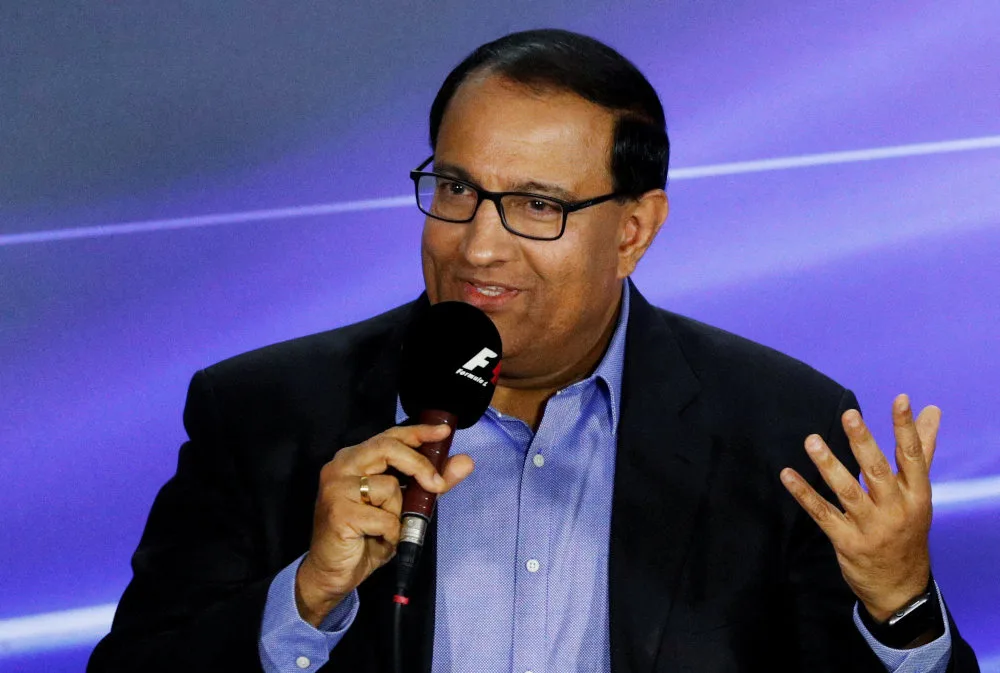Singapore minister resigns over corruption charges
Singapore’s Transport Minister, S. Iswaran, is facing 27 counts in a bribery investigation, making it one of the country’s most serious and uncommon corruption cases in decades. The Corrupt Practices Investigation Bureau charged Iswaran, who angrily refuted the accusations in a resignation letter dated Tuesday, Reuters reports. In a letter released by the prime minister’s […]

Singapore minister resigns after being charged with rare corruption case
Singapore’s Transport Minister, S. Iswaran, is facing 27 counts in a bribery investigation, making it one of the country’s most serious and uncommon corruption cases in decades.
The Corrupt Practices Investigation Bureau charged Iswaran, who angrily refuted the accusations in a resignation letter dated Tuesday, Reuters reports.
In a letter released by the prime minister’s office on Thursday, Iswaran said, “I reject the charges and will now focus on clearing my name.”
Along with his resignation, he promised to refund his wages and allowances from the start of the investigations last July. Iswaran had taken a leave of absence but was still receiving monthly payments.
The CPIB accused Iswaran, who was arrested in July last year, of taking S$384,340.98 (US$286,181) in kickbacks from property billionaire Ong Beng Seng to further Ong’s business interests.
The charge sheets included a number of alleged favours, including tickets to football games, musicals, a trip on Ong’s private plane, and seats to the Singapore Formula One Grand Prix.
The charges against Iswaran have shocked Singapore, which has a reputation for clean government.
Iswaran, who oversaw the tourism industry during the city-state’s flashy Formula One Grand Prix debut, was a key political figure.
The CPIB accused Iswaran, who was arrested in July of last year, of taking S$384,340.98 ($286,181) in kickbacks from property billionaire Ong Beng Seng to further Ong’s business interests.
The ruling People’s Action Party suffered a serious setback upon his resignation.
The last high-profile corruption inquiry involving a minister took place in 1986, when National Development Minister Teh Cheang Wan committed suicide before formal charges were filed.
